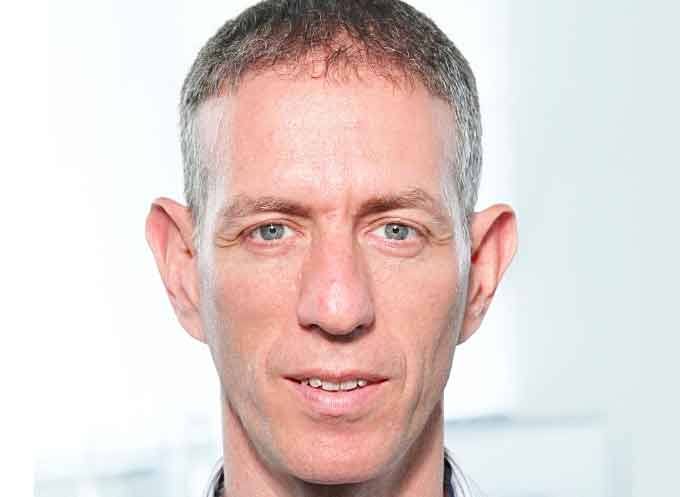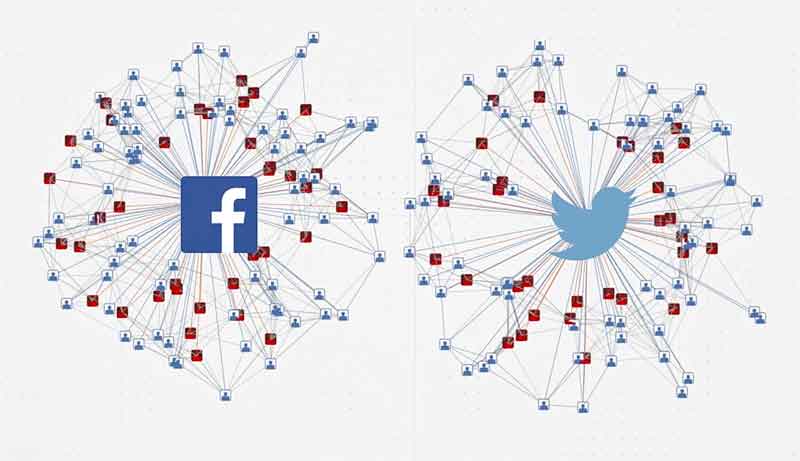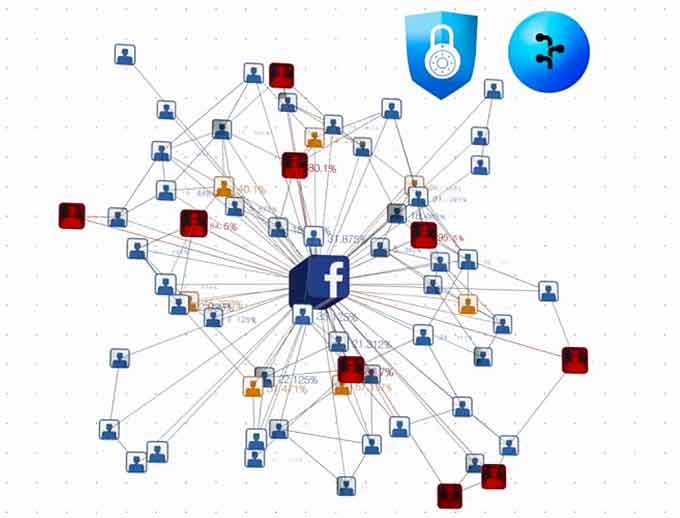
Millions of us post on Facebook, send a tweet, or upload photos on online social networks. But how safe is the information we share?
For that matter, how much information do we disclose that we don’t even realize?
The amount of personal information unwillingly exposed by users on online social networks is staggering.
Recent reports indicate that networks like Facebook and Twitter are infested with tens of millions of fake user profiles.
These fake users can collect dozens of personal details about real users and their friends.
For example, it’s easy for a fake user to learn your date of birth, work place, high school name, and relationship status.
A stranger can scrutinize your personal pictures, obtain your children’s names, and even find your phone number.
Fake users on online social networks can jeopardize your safety both in the online world and in the real world.
Ben-Gurion University (BGU) of the Negev and University of Washington (UW) researchers have developed a new generic method to detect fake accounts on most types of social networks, including popular Facebook and Twitter.
According to a new study in Social Network Analysis and Mining, the new method is based on the assumption that fake accounts tend to establish improbable links to other users in the networks.
“With recent disturbing news about failures to safeguard user privacy, and targeted use of social media by Russia to influence elections, rooting out fake users has never been of greater importance,” explains Dima Kagan, lead researcher and a researcher in the BGU Department of Software and Information Systems Engineering.
“We tested our algorithm on simulated and real-world data sets on 10 different social networks and it performed well on both.”
(Research team has created a set of machine-learning based solutions to identify fake users. Courtesy of micky fi and YouTube)
The algorithm consists of two main iterations based on machine-learning algorithms.
The first constructs a link prediction classifier that can estimate, with high accuracy, the probability of a link existing between two users.
The second iteration generates a new set of meta-features based on the features created by the link prediction classifier.
Lastly, the researchers used these meta-features and constructed a generic classifier that can detect fake profiles in a variety of online social networks.
“Overall, the results demonstrated that in a real-life friendship scenario we can detect people who have the strongest friendship ties as well as malicious users, even on Twitter,” the researchers say.
“Our method outperforms other anomaly detection methods and we believe that it has considerable potential for a wide range of applications particularly in the cyber-security arena.”
The Ben-Gurion University researchers previously developed the Social Privacy Protector (SPP) to help users evaluate their friends list in seconds to identify which have few or no mutual links and might be “fake” profiles.

Other researchers who contributed are Dr. Michael Fire of the University of Washington (former Ben-Gurion U. doctoral student) and Prof. Yuval Elovici, director of the Telekom Innovation Labs, director of Cyber at BGU, and a member of the BGU Department of Software and Information Systems Engineering.
The Washington Research Foundation Fund for Innovation in Data-Intensive Discovery and the Moore/Sloan Data Science Environment Project at the University of Washington supported this study.
 American Associates, Ben-Gurion University of the Negev (AABGU) plays a vital role in sustaining David Ben-Gurion’s vision: creating a world-class institution of education and research in the Israeli desert, nurturing the Negev community and sharing the University’s expertise locally and around the globe.
American Associates, Ben-Gurion University of the Negev (AABGU) plays a vital role in sustaining David Ben-Gurion’s vision: creating a world-class institution of education and research in the Israeli desert, nurturing the Negev community and sharing the University’s expertise locally and around the globe.
AABGU, which is headquartered in Manhattan, has nine regional offices throughout the United States. For more information, visit www.aabgu.org.


















